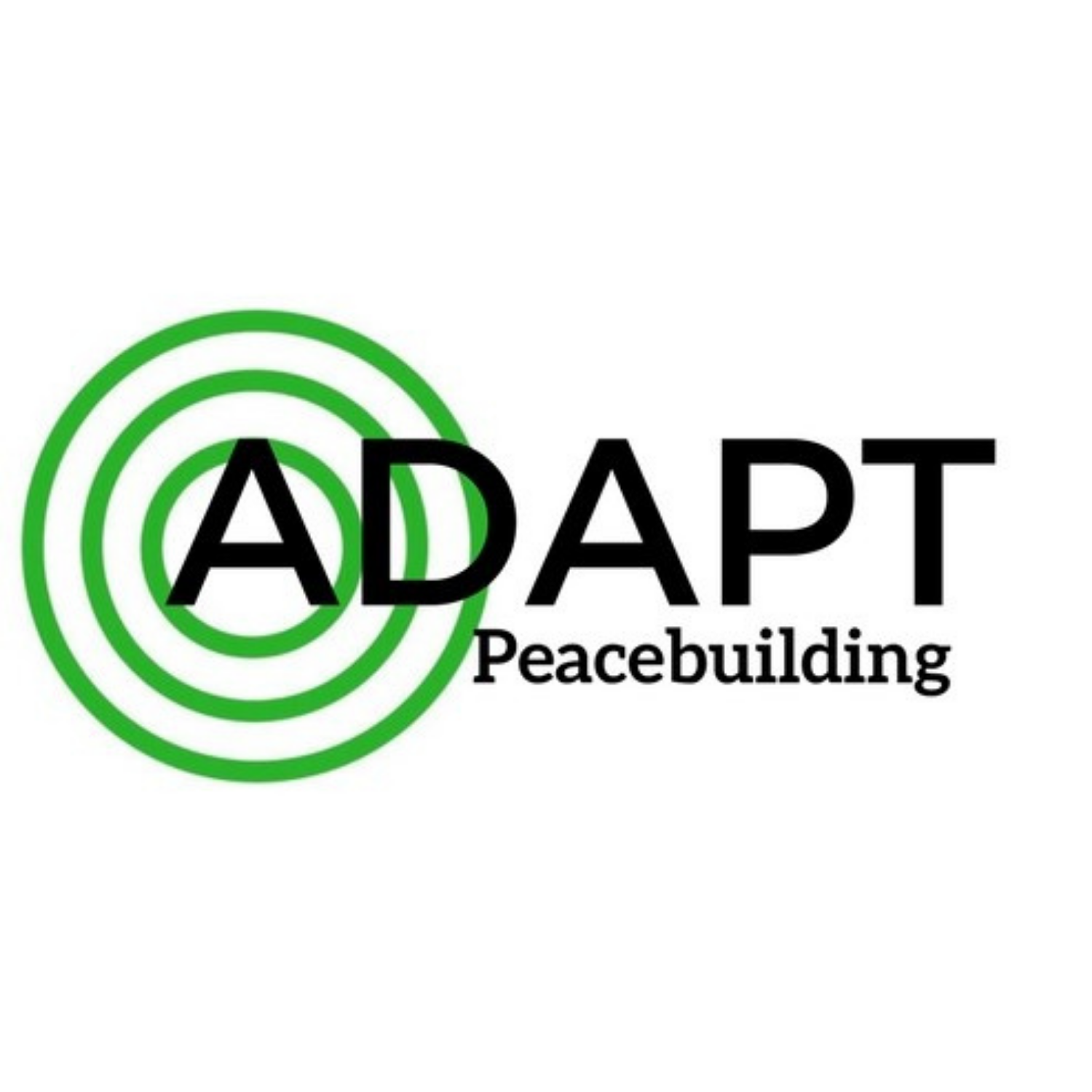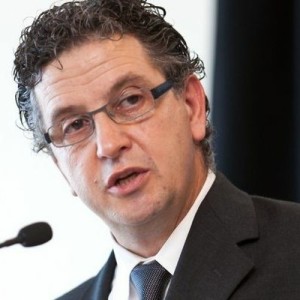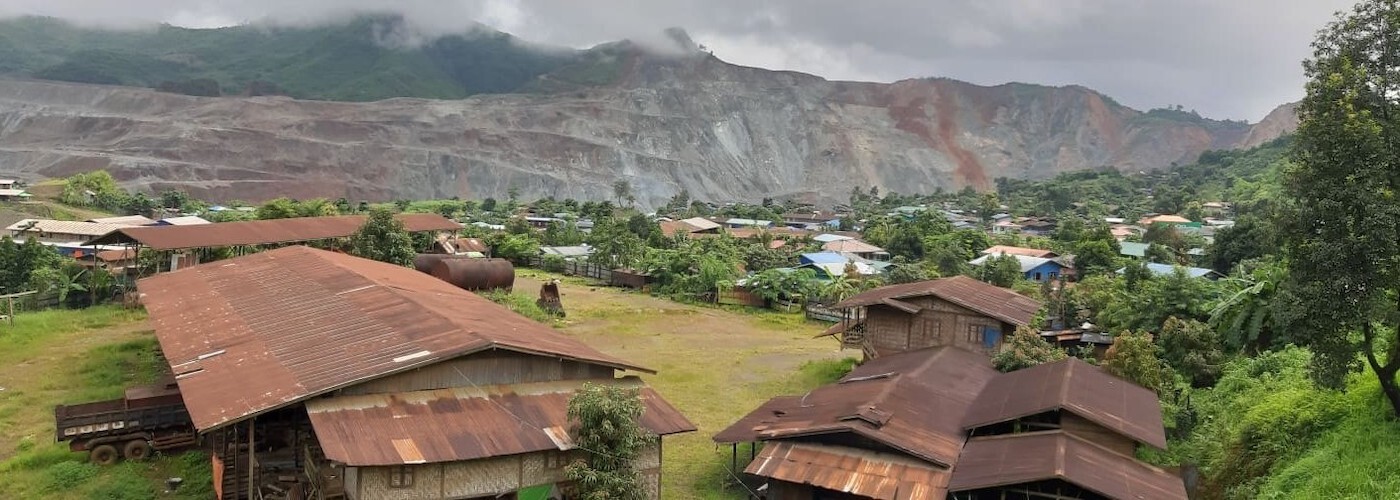
2.2K
Downloads
13
Episodes
Adapt provides research and consultancy services for local and international organisations in support of peace and sustainable development in conflict-affected environments. Our conflict and conflict sensitivity analyses, program design and management, and learning initiatives incorporate concepts and tools from complexity science, systems thinking and participatory approaches in order to thrive in complex and challenging contexts. We value deep and long term partnerships that empower local agency and lasting change.
Episodes

Thursday Mar 25, 2021
Thursday Mar 25, 2021
This episode was a guest contribution to The Peacebuilding Podcast on 8th October, 2018.
Join us in conversation with Graeme Simpson, US Director of the non-profit Interpeace, and lead author of the United Nation’s flagship Progress Report on Youth, Peace, and Security. The highly participatory process of producing this work has been as important as some of its findings. Hundreds of youth across dozens of countries were involved in developing recommendations that underscore, among many other things, how young people are creative sources of peace, confronting their stereotype as primary perpetrators of violence. The young people that Graeme engages with question the efforts of peacebuilding institutions to “bring youth to the table”, highlighting a marginalisation and mistrust of governments and global institutions that has huge and troubling implications, yet at the same time inspires us with alternative, creative forms of organising and peacebuilding in a modern world.
Graeme’s work shines a light on a glaring disconnect between the “integrated lived experience of people caught up in violent conflict”, and our national and global policies and organisations, which divide peace and conflict up into illusionary stages and distinct themes that are intimately connected on the ground. As with Graeme’s earlier work founding and leading South Africa’s Centre for Violence and Reconciliation, our approaches to supporting people and societies need to be better integrated and less siloed according to outsider priorities, and better at “listening down” to affected communities so we can “talk up” to donors and policy makers. We end by touching upon gender, where Graeme challenges the stereotype of the girl as a victim and the boy with the gun.
Graeme is an articulate and passionate speaker whose policy work is deeply grounded in the lived experience of people experiencing conflict and forging peace.

No comments yet. Be the first to say something!